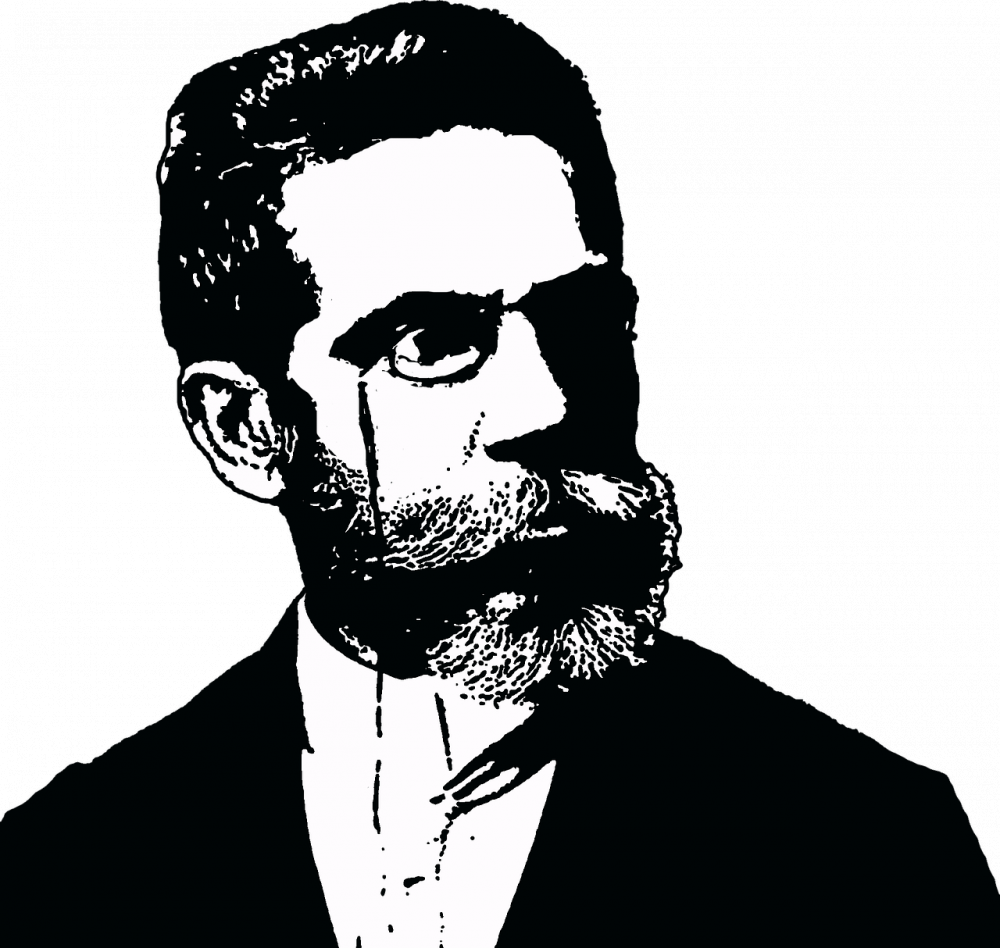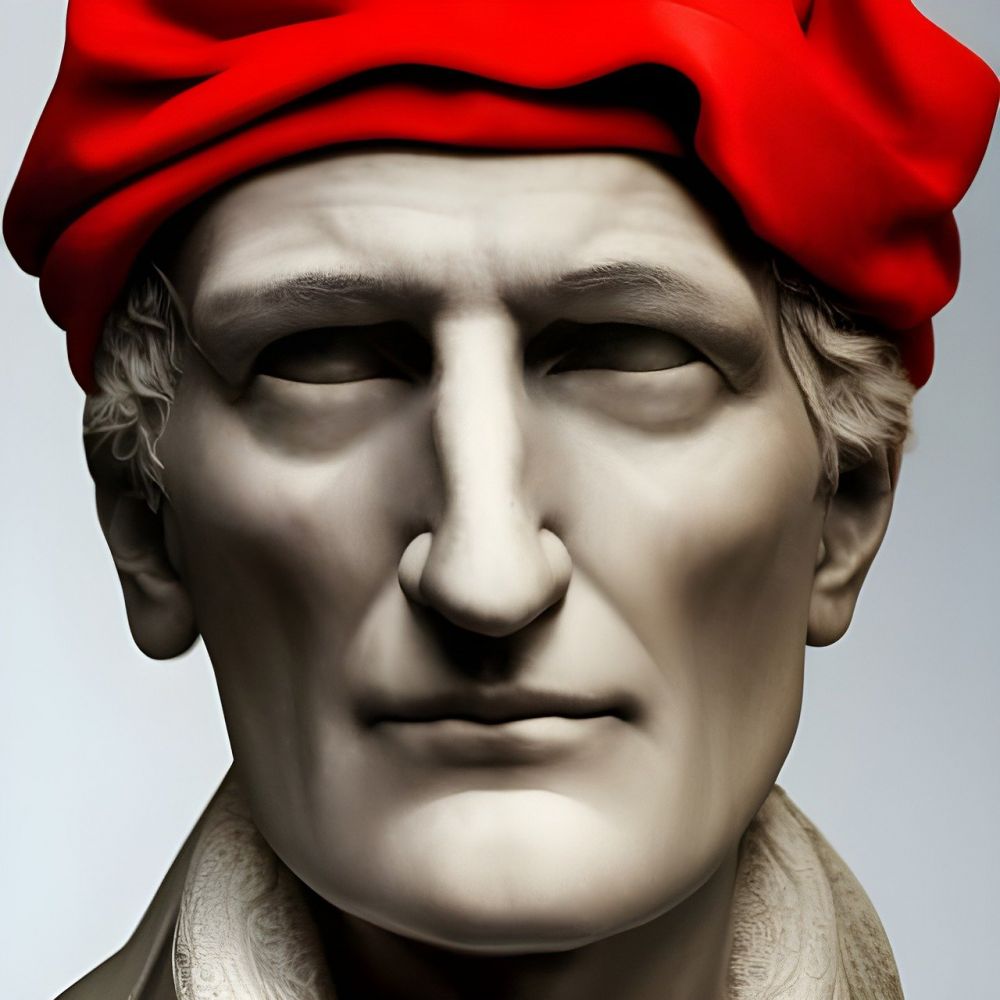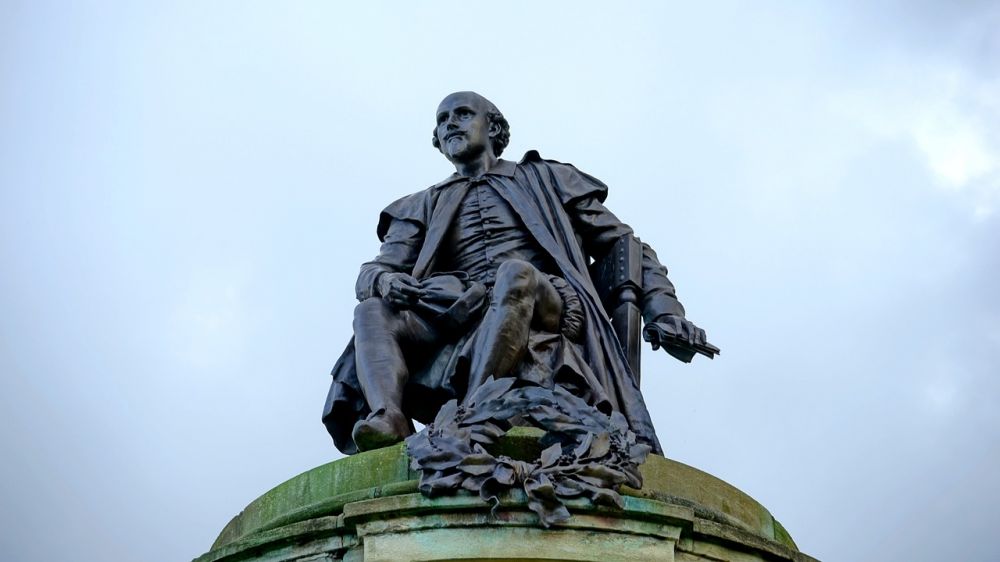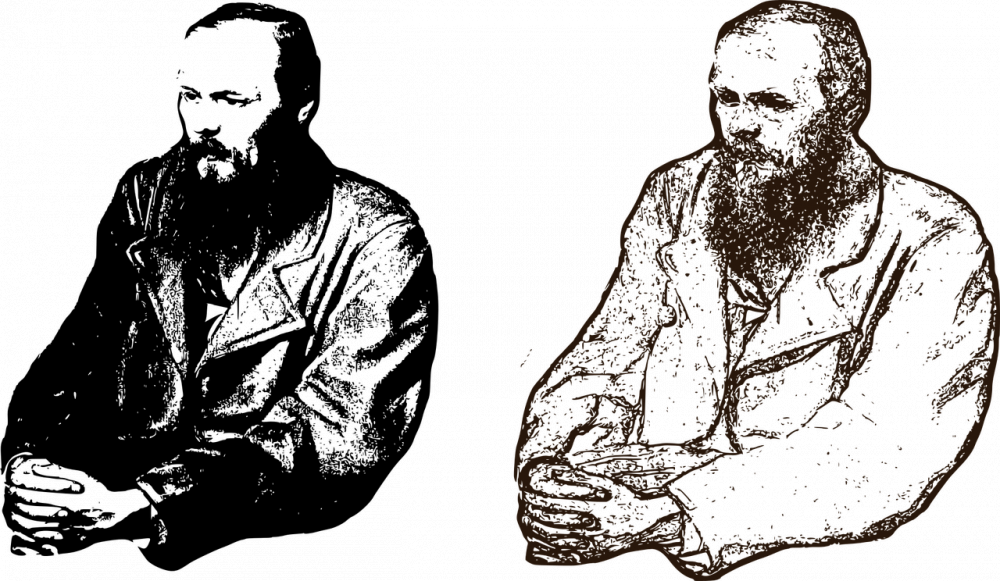Franz Kafka: A Deeper Dive into the Mind of a Literary Genius

Introduction:
Franz Kafka, a name synonymous with existentialism and the complexity of human existence, is one of the most influential and enigmatic figures in the world of literature. Born on July 3, 1883, in Prague, which was then part of the Austro-Hungarian Empire, Kafka’s works have left an indelible mark on readers and continue to captivate audiences to this day. In this article, we will explore the life and works of Franz Kafka, shedding light on his intricate narratives and their profound impact on the literary world.
I. Understanding Franz Kafka:

1. Early Life and Background:
Franz Kafka was born into a middle-class Jewish family, his father being a successful businessman. Growing up, Kafka experienced a deep sense of alienation and isolation, which would later manifest in his writings. His religious heritage and the dynamic atmosphere of Prague influenced his work significantly, often exploring themes of guilt, existential despair, and the absurdity of human existence.
2. Kafka’s Writing Style and Themes:
Kafka’s unique writing style, characterized by his minimalist prose and hauntingly introspective narratives, has made him a literary legend. His works provide a window into the human psyche, delving into the complexities of identity, bureaucracy, and the dehumanizing effects of modern society. The metamorphosis, surreal landscapes, and bizarre characters are recurrent motifs in his stories, creating an air of unease and ambiguity.
3. Significant Works:
a. “The Metamorphosis” (1915): Perhaps Kafka’s most renowned work, this novella explores the existential crisis of Gregor Samsa, who wakes up one morning to find himself transformed into an insect. This story encapsulates Kafka’s exploration of alienation and the human struggle for significance in an indifferent world.
b. “The Trial” (1925): In this novel, Kafka delves into the absurdity of the legal system and the individual’s struggle against an unknowable, faceless bureaucracy. Joseph K. finds himself caught in a nightmarish web of guilt and persecution, reflecting Kafka’s own feelings of entrapment in a society he struggled to understand.
c. “The Castle” (1926): Depicting the struggles of a land surveyor named K., this unfinished novel explores themes of powerlessness, futility, and the search for meaning. Kafka’s deliberate ambiguity leaves readers grappling with the ethical and existential questions posed throughout the narrative.
II. Historical Evolution of Kafka’s Reception:
1. Initial Reception and Posthumous Recognition:
During his lifetime, Kafka’s works received little recognition, with only a few of his stories published. It was not until after his death in 1924 that his writings gained substantial attention. The publication of his unfinished novels and collection of shorter works in the years following his demise sparked widespread interest, turning him into a celebrated literary figure.
2. Existentialism and Kafka’s Influence:
Kafka’s works became a cornerstone of existentialist literature, inspiring writers such as Albert Camus and Jean-Paul Sartre. The themes of isolation, absurdity, and the struggle to find meaning in an unfathomable world resonated deeply with existentialist philosophy, propelling Kafka’s legacy beyond his dishearteningly brief life.
III. Kafka’s Enduring Legacy:
1. Film and Theater Adaptations:
Kafka’s narratives have transcended the realms of literature, making their way onto the silver screen and stages around the world. Filmmakers and playwrights have expressed admiration for Kafka’s unique vision, creating adaptations that capture the nuances of his works and further disseminate his profound insights.
2. Cultural Impact and Global Recognition:
Kafka’s influence extended far beyond the literary realm, permeating popular culture and inspiring various art forms. His name has become synonymous with a nightmarish and surrealistic aura, captivating audiences across different generations and cultures.
IV.
(Please insert a relevant video that showcases Kafka’s impact and significance.)
Conclusion:
Franz Kafka’s literary genius continues to mesmerize readers, inviting them into a world filled with alienation, absurdity, and the search for meaning. His unique writing style and exploration of existential themes have solidified his place in the literary canon. As we delve into Kafka’s intricate narratives, we gain a deeper understanding of the human condition and the complexities of our existence. Kafka’s works remind us to question the absurdities of the world around us and to seek meaning amidst the chaos. His legacy lives on, inviting new generations to embark on a journey into the depths of the human psyche.





